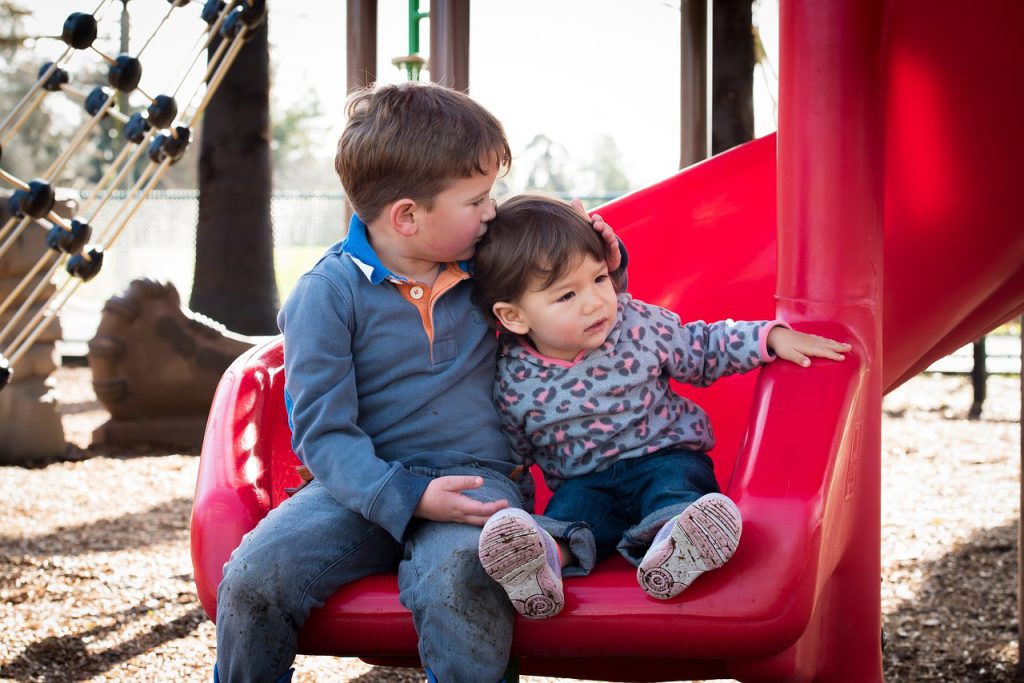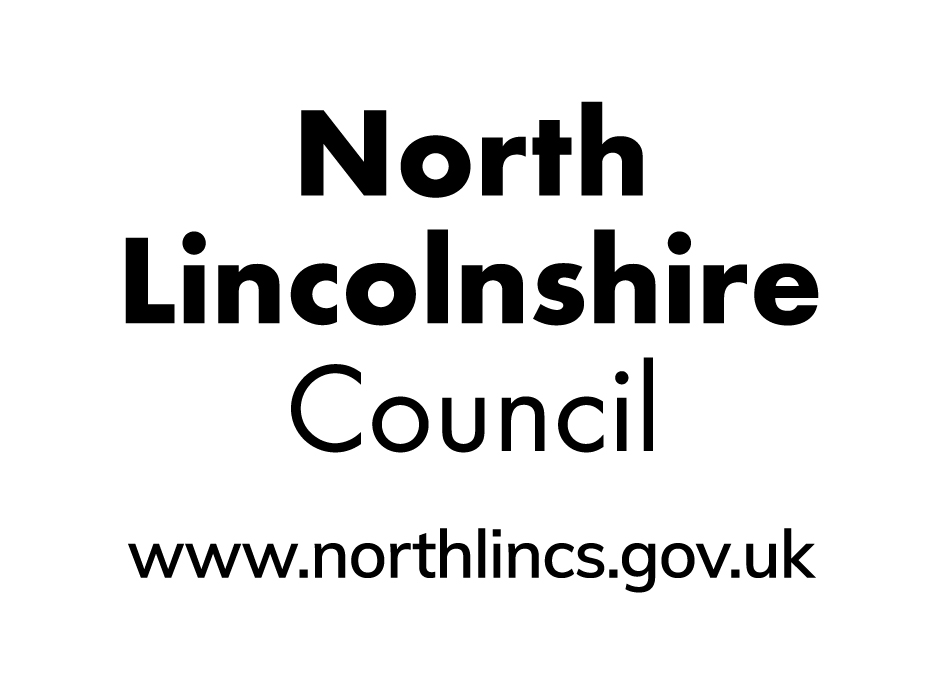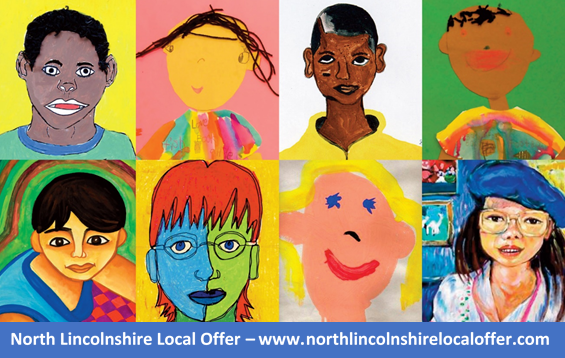What is Early Help?
Early help is support that is given as soon as a problem emerges – at any stage in a child or young person’s life.
Early help services can be delivered to parents, children or whole families. But their main focus is to improve outcomes for children.
How children can benefit from Early Help
Effective help may be needed at any point in a child or young person’s life.
We work with local organisations and agencies to:
- identify children and families who would benefit from early help
- undertake an assessment of the need for early help
- provide targeted early help services to address the assessed needs of a child and their family – these focus on activity to improve the outcomes for the child
Some groups of children may be more likely to need early help than their peers. These include children who:
- have been excluded from school
- have special educational needs
- are disabled
- are in care
- are leaving or preparing to leave care
- are young carers
- are young parents (or about to become young parents)
- are experiencing housing issues
(DfE, 2018)
The intent of the Children’s Multi Agency Resilience and Safeguarding (MARS) arrangements includes:
- to co-produce with children, young people and families using their strengths and assets to develop services to meet their individual needs
- to make children’s safeguarding personal and swift so they remain in families, in school
- to build children, young people and families resilience
The provision of early help services should form part of a continuum of support to respond to the different levels of need of individual children and families.
The Helping Children and Families (Threshold Document) describes the organisational model across five levels of need in North Lincolnshire.
We agree to offer early help at the earliest point and lowest level of service required to improve outcomes for children.
Local principles of early help include:
- supporting children and families to find their own solutions and help them build support networks within the community
- working with the views and experience of the child and family, being solution focused and building on the strengths of the child and family so that they can be independent of services
- being clear in our work with children and families about the intended outcomes and how to achieve these
The procedures to support a child and family through early help, the Early Help Assessment and Early Help Plan are in the Children’s MARS Board Policy and Procedure – Assessing Need and Providing Help [PDF, 2.41Mb]. It also outlines procedures on information sharing, making a referral and child protection conferences.
To submit an Early Help Assessment front sheet complete the online Early Help Assessment form front sheet.
The following forms and guidance are available to download from the CMARS website:
- Early Help Assessment Form
- Early Help Assessment Form Practitioner Guidance
- Early Help Assessment: A guide for children, young people and their families
- Early Help Assessment Quality Assurance
- Early Help Assessment Review
- Process for completing an Early Help Assessment
- Early Help Users View Form
The effectiveness and impact of North Lincolnshire’s Early Help Offer [PDF, 1.98Mb] provides a summary of:
- the Early Help offer to children and families in North Lincolnshire
- a brief overview of some of the key outcomes achieved for children, young people and families in 2021/2022
- our priorities for transformation during 2021/2022




